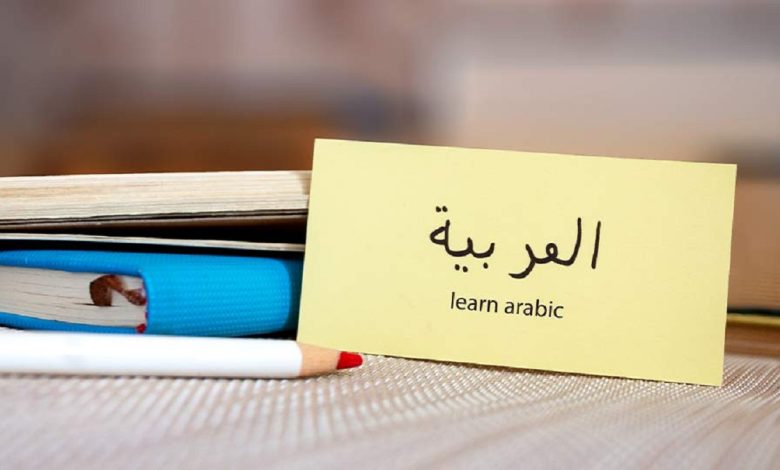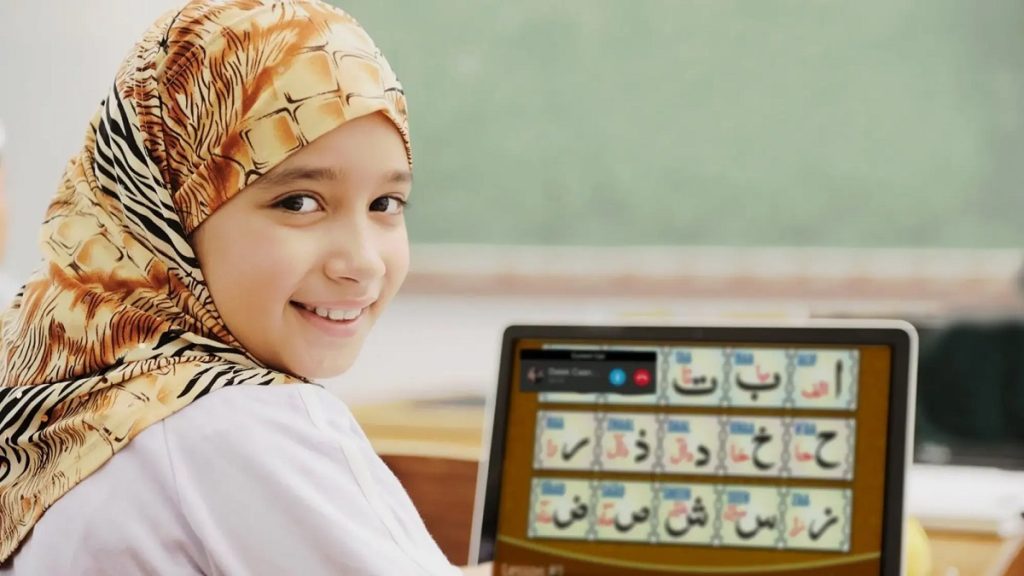Arabic Classes for Kids in the USA: Building Language Skills and Cultural Identity
How Arabic lessons across America are helping children connect with language, culture, and community.

Arabic classes for kids in the USA have seen remarkable growth in recent years, as families seek opportunities to preserve heritage, enhance communication, and broaden cultural awareness. According to data from community organizations and educational centers, Arabic is one of the fastest-growing foreign languages taught to children in the United States.
Parents are increasingly enrolling their children in Arabic language programs offered through weekend schools, Islamic centers, cultural organizations, and private tutoring services. Cities with large Arab American populations, such as Dearborn (Michigan), Brooklyn (New York), and Paterson (New Jersey), host specialized centers that provide structured curricula. These programs often teach Modern Standard Arabic alongside dialects like Egyptian, Levantine, or Gulf Arabic, depending on the community’s needs.
“Arabic Classes for Kids: Language, Culture, and Future Opportunities”
Beyond language, these classes focus on cultural immersion. Children are introduced to Arabic songs, calligraphy, history, and traditions, fostering a sense of pride and belonging. For many immigrant families, these programs help younger generations maintain strong ties to their roots while thriving in American society.

Technology has also expanded access. Online platforms such as Studio Arabiya, Arab Academy, and Preply now offer virtual Arabic classes for kids with interactive lessons, making it easier for families across the U.S. to find flexible options. Parents report that online classes are particularly useful for children in areas with smaller Arab American populations, where in-person programs may be limited.
Experts highlight that learning Arabic at a young age strengthens cognitive development, boosts academic performance, and opens doors to future career opportunities in international business, government, and diplomacy. With over 400 million Arabic speakers worldwide, this skill gives children a valuable global advantage.



